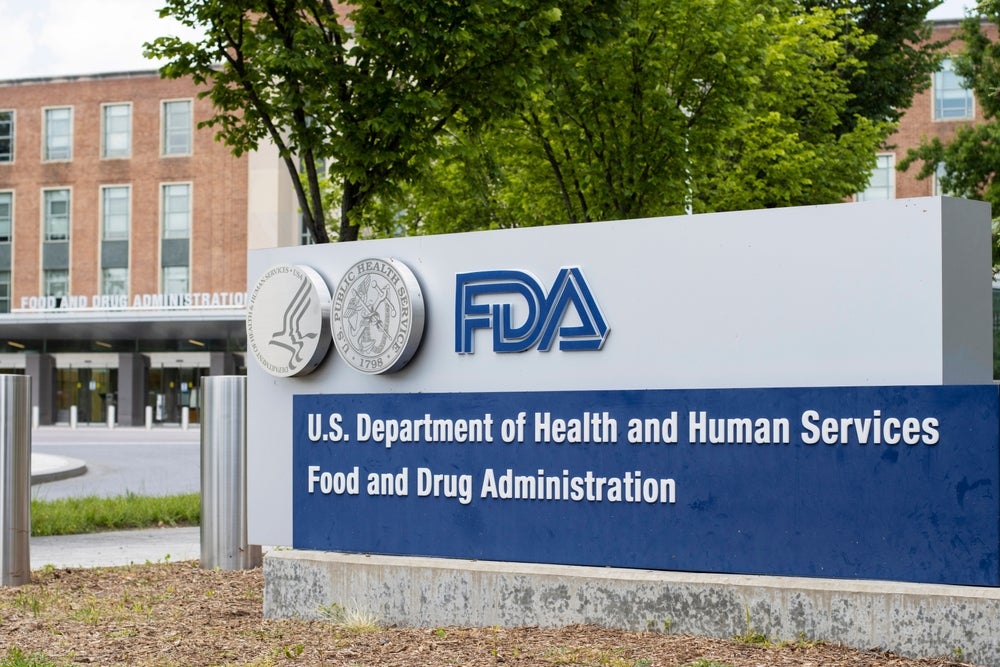US-based Leap Consulting Group has launched a practice aimed at guiding Clinical Laboratory Improvement Amendments-certified labs (CLIA) in adhering to the US Food and Drug Administration’s (FDA) Final Rule over the classification of laboratory-developed tests (LDTs).
Published on 29 April, the FDA’s Final Rule clarified that LDTs, defined as in vitro diagnostics (IVD) products, are medical devices under the Federal Food, Drug, and Cosmetic Act (FD&C).
For labs to fall into compliance with the broad-ranging scope of the new rule, the FDA has outlined a five-stage, five-year phase-out policy to previous discretionary-related arrangements, with the more onerous compliance obligations of the Final Rule due towards the tail-end of its implementation period in 2028.
The agency said the overall purpose of the Final Rule is to heighten confidence in LDTs, regardless of where they are manufactured.
Based in New Jersey, Leap said its service provision would assist CLIA-certified labs in gaining an understanding of their potential exposures, evaluating the best options towards becoming compliant, and inventorying any specific gaps in their compliance posture.
The company's assistance plan is conceived in five parts, beginning with an information request for the consultancy to evaluate labs’ current systems, electronic recording, change control, and reporting procedures.
Also including a technology analysis of lab customers to identify security protocols required for FDA compliance and gap analysis to evaluate compliance gaps in current processes and systems, Leap will finally provide customers with an action plan to remediate and adapt any of their processes as necessary.
“Our expertise in diagnostics, technology, and FDA compliance uniquely positions us to assist labs in understanding their exposure, evaluating compliance options, and executing comprehensive remediation plans in a right-sized manner,” commented delivery head for Leap’s implementation practice, Antony Galdi.
The FDA’s Final Rule has faced a strenuous journey towards publication, with interested parties having expressed concerns over the years around the agency’s propositions – many of which made it into the final ruling - claiming such dictates could affect pathways for innovation and the availability of testing.
On 1 April, the American Hospital Association (AHA) penned a letter to the FDA that emphasised the importance of LDTs in the practice of medicine.
The AHA wrote: “These tests are not devices — they are diagnostic tools developed and used for essential patient care.
“Regulating LDTs under the FDA’s device regulatory framework could cause patients to lose access to many critical tests and stifle innovative advances in hospital and health system laboratory medicine.”









